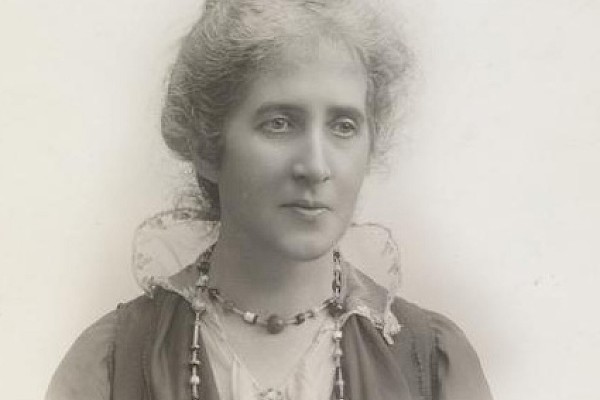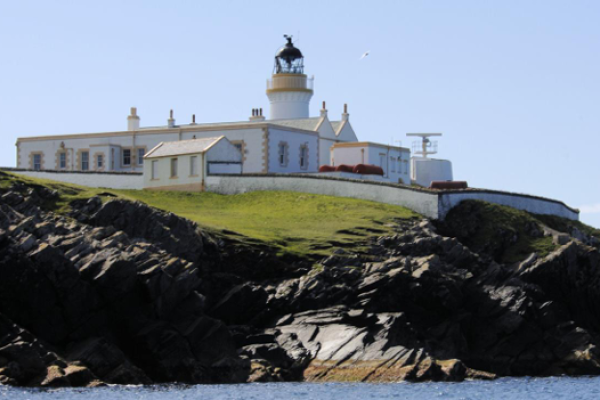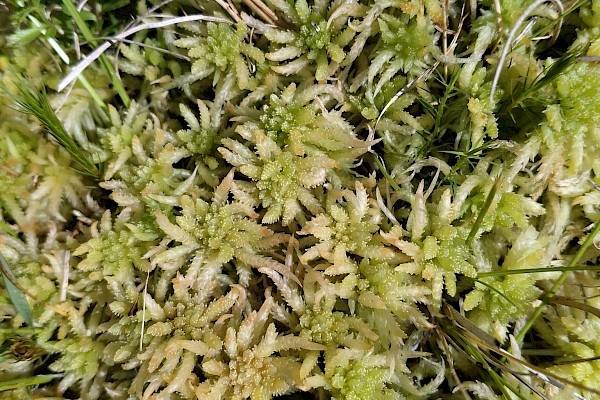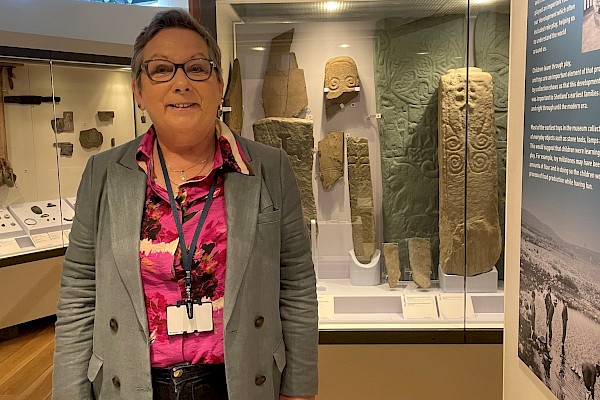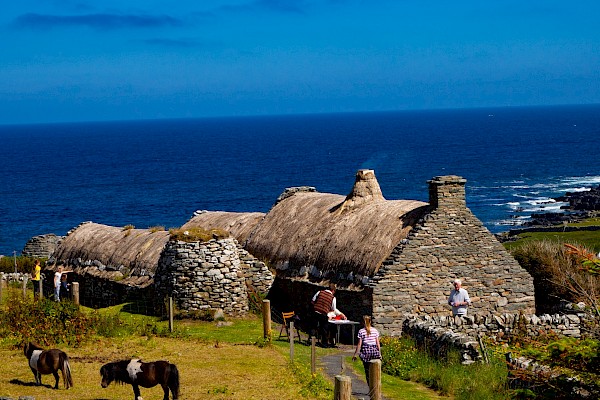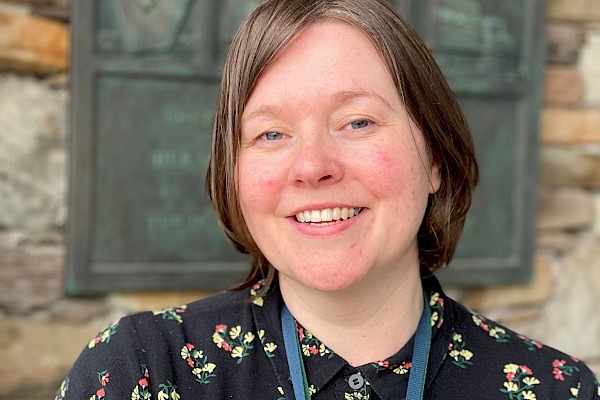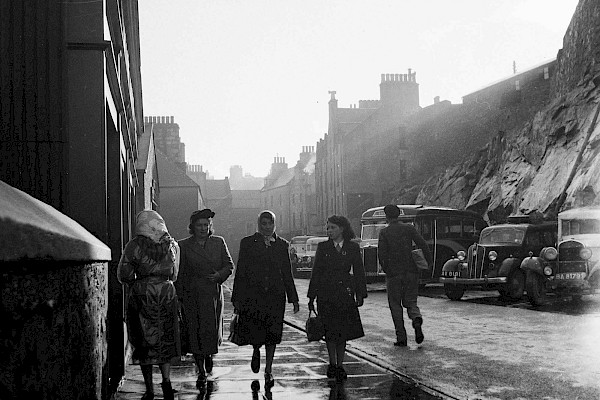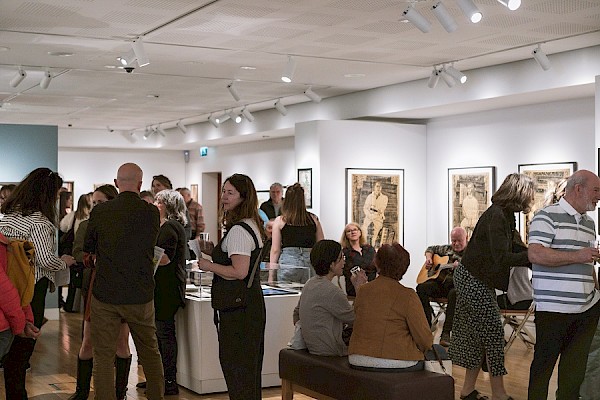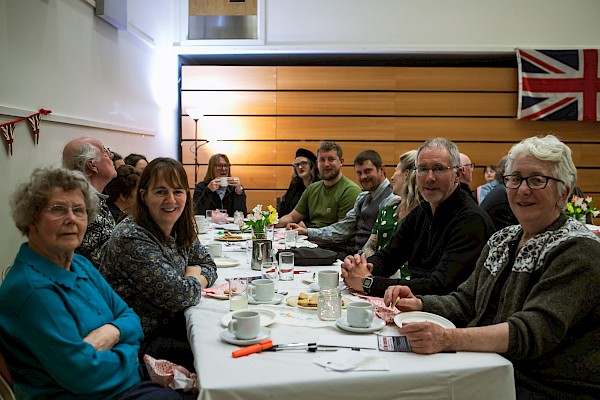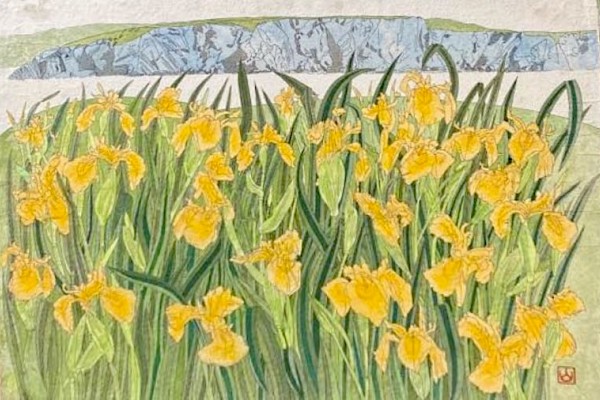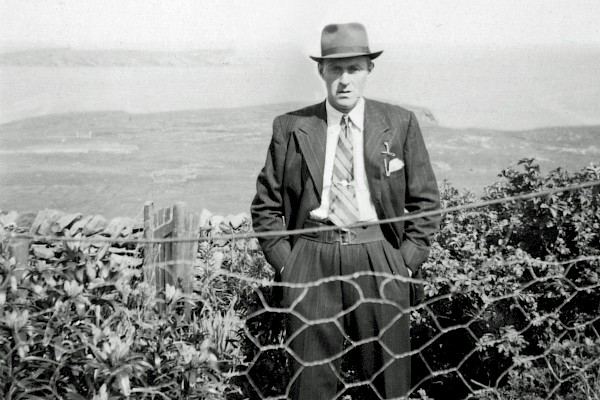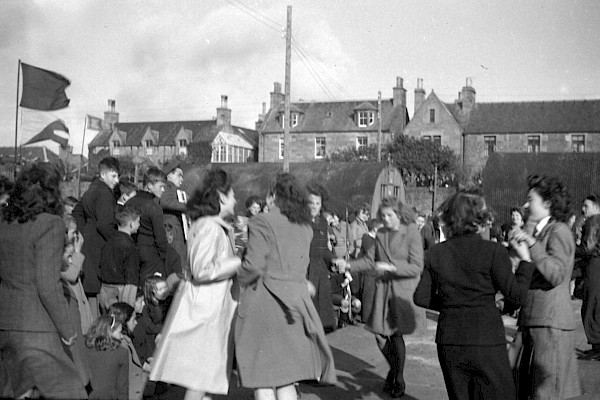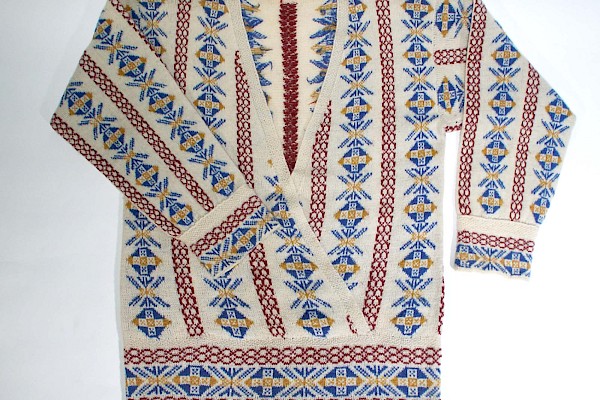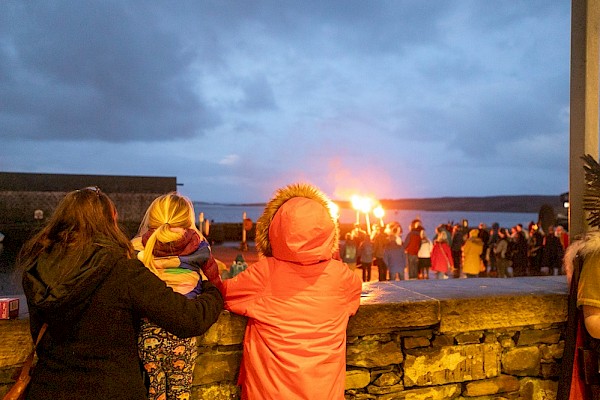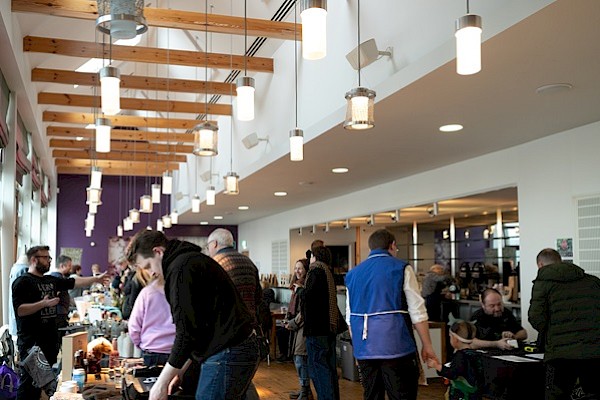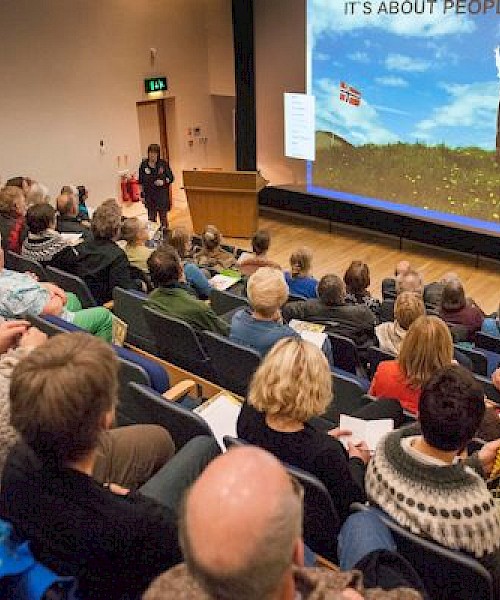Film celebrating the achievements of Johnnie Notions launched by Shetland Museum and Archives
A new film which brings to life the incredible story of 18th century inoculation pioneer and Shetland crofter Johnnie Notions has been launched today by Shetland Museum and Archives.
Together with local film-makers JJ Jamieson and Liz Musser, the museum has created a short film to celebrate the life and pioneering work of Johnnie Williamson, otherwise known as Johnnie Notions, a fisherman and crofter from Northmavine. Born in the 1740s and from humble circumstances he independently developed a method of inoculation for smallpox; ultimately saving hundreds of lives.
Shetland Museum was awarded funding by The Royal Society in 2022 to create the film through their ‘Places of Science’ scheme which provides grants to small museums, funding projects that tell the stories of science and scientists relevant to communities across the UK.
Shetland Amenity Trust’s cultural heritage manager Jacqui Birnie said: “The legacy of Johnnie Notions is hugely significant both locally and nationally and deserves to be celebrated and shared. We were delighted to be awarded funding by The Royal Society to shine a light on the achievements of this remarkable individual and contribute to the creative exploration of science.
“JJ and Liz have done a really first-rate job for us. Working alongside our team at the museum they have pieced together and presented a fascinating and dynamic storyline that appeals to all ages. As well as sharing it with the wider public, we are looking forward to working with schools to arrange screenings and introduce this inspirational topic to students as part of their STEM learning activities.”
During the 1700s Shetland was susceptible to outbreaks of the catastrophic disease smallpox, and there was no cure for, and no prevention against the ‘Mortal Pox’ as it was called. Johnnie Notions, Shetland’s great autodidact, was a self-taught physician with a problem-solving and enquiring mind who independently developed and administered the smallpox inoculation to Shetland during the late 18th century.
